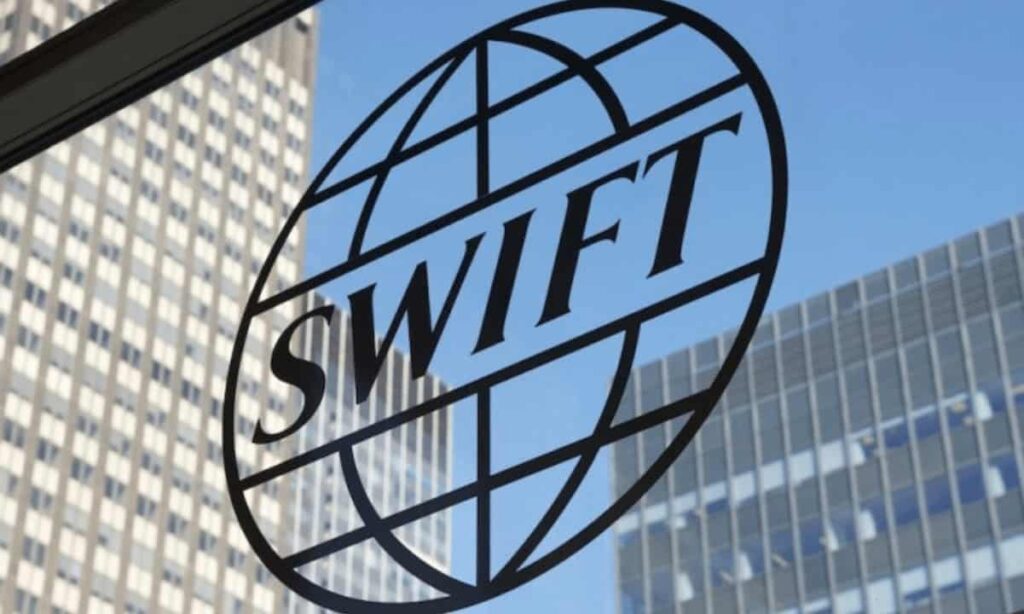On Sept. 11, the Society for Worldwide Interbank Financial Telecommunication (SWIFT) announced that it was “paving the way towards real-world solutions that will enable our members to access and transact with regulated digital assets and currencies.”
The organization has a vision of enabling its members to transact with both traditional and emerging crypto assets on its interbank network.
SWIFT is a cooperative established in 1973 in Belgium and owned by the banks and other member firms that use its services.
Ethereum Connections?
VanEck’s head of digital assets research, Matthew Sigel, observed that the only layer-1 blockchain SWIFT has ever mentioned in such communications is Ethereum.
He also noted that their experiments focus on interoperability between traditional finance and emerging technologies such as tokenized assets and CBDCs.
SWIFT announces new digital asset efforts, emphasizing regulated environments.
Their experiments focus on interoperability between traditional finance & emerging technologies like tokenized assets & CBDCs.
The only L1 SWIFT has ever mentioned in such communications, is #ETH. https://t.co/l1NZsICIQm pic.twitter.com/P7kndmqcOH— matthew sigel, recovering CFA (@matthew_sigel) September 11, 2024
The announcement acknowledged the growth in tokenized real-world assets (RWA), citing Standard Chartered research that estimated their market size would reach $30 trillion by 2034. It added that market sentiment is certainly strong, with 91% of institutional investors interested in investing in tokenized assets.
SWIFT noted that there are currently fragmented “digital islands” due to divergent platforms, technologies, and regulations. There is also a high level of complexity for institutional investors dealing with multiple tokenization platforms.
SWIFT has been experimenting with blockchain transfers and RWA, noting:
“Our successful blockchain interoperability experiments showed how Swift’s infrastructure can facilitate the transfer of tokenized value across public and private blockchains.”
However, it plans to evolve its infrastructure to offer access to digital assets and currencies across various use cases and enable securities investors to simultaneously pay for and exchange tokenized assets in real time.
“The payment leg will initially be made using existing fiat currencies, but will later be able to use tokenized forms of money, such as CBDCs, tokenized commercial bank money, or regulated stablecoins.”
In the coming months, SWIFT plans to continue developing technical solutions with the financial community.
No Crypto on SWIFT
While the announcement sounds promising for crypto, it is highly unlikely that users will be able to send decentralized digital assets such as Bitcoin or Ethereum using the network. However, it could be a boon for the underlying infrastructure, such as Ethereum and Chainlink.
In September 2023, SWIFT conducted an experiment with banks leveraging Chainlink’s Cross-Chain Interoperability Protocol (CCIP).
Earlier that year, SWIFT announced a collaboration with Chainlink, which included several financial institutions to assess the feasibility of integrating with diverse blockchain networks.
Read the full article here

